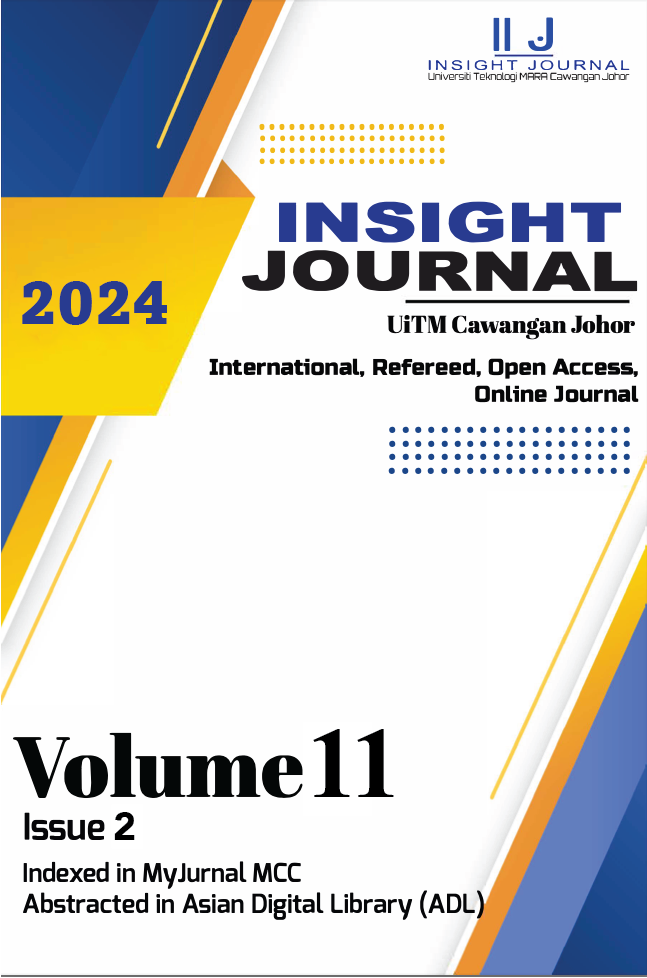VIEWS OF R.O. WINSTEDT ON INHERITANCE OF PROPERTY IN MALAYA
A COMPARISON OF ISLAMIC LAW AND ADAT PERPATIH
DOI:
https://doi.org/10.24191/ij.v11i2.2307Keywords:
Adat Perpatih, Empiricist Positivist Philosophy, Islamic Law, Malaya, OrientalistAbstract
R.O. Winstedt, an orientalist working as a British administrator in Malaya, based his ideas on the philosophy of empiricist positivism. He emphasized the exclusive reliance on reason as the main way of collecting scholarly facts through systematic and thorough research methods. This philosophy rejects the proof of any fact using divine sources as irrelevant to historical evidence. This article focuses on analysing Winstedt's views on property inheritance in Malaya by comparing Islamic law and Adat Perpatih. It also seeks to identify the orientalist approach to assessing Islam and Malay society. The author employs historical, comparative, and content analysis methods to analyze these views. This study reveals that the orientalist viewpoint, specifically Winstedt's, exhibits a skeptical stance and partial considerations when assessing Islam, particularly its legal system. When it comes to property inheritance issues, Winstedt contends it is impractical to simultaneously apply adat and Islamic law. The Orientalist perspective holds that the fundamental principles of Islamic law are not applicable in Malaya due to cultural and residential differences. This is the result of the orientalists' Eurocentric worldview impeding their ability to comprehend Islamic content. This way of thinking esteems European nations above all others and renders them more civilized; consequently, they are referred to as "ambassadors of civilization," the saviors of nations needing civilization.
References
Downloads
Published
Issue
Section
License
Copyright (c) 2024 UiTM Press

This work is licensed under a Creative Commons Attribution 4.0 International License.







